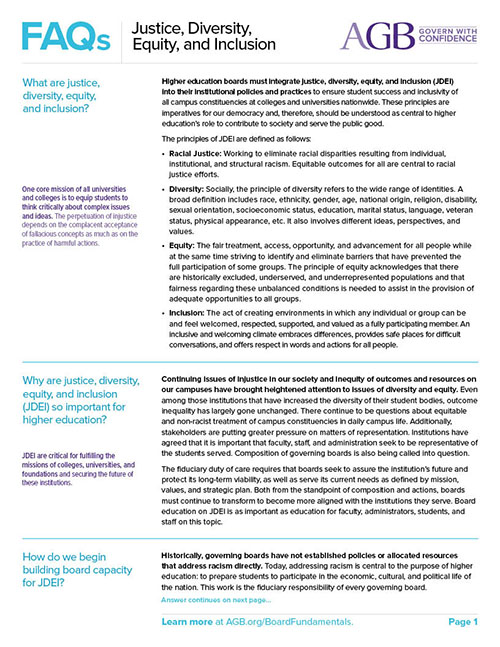

The Covid-19 pandemic, the Black Lives Matter and Women in Global Health movements, as well as ongoing calls to decolonize global health have all created space for uncomfortable but important conversations that reveal serious asymmetries of power and privilege that permeate all aspects of the field, including funding and authorship of research and scientific publications. The ongoing struggle for vaccine equity during the Covid-19 pandemic – in which rich countries have the luxury of imagining a post-pandemic life while poor countries grapple with newer, more dangerous variants and a lack of available vaccines – is the best illustration of the power asymmetry inherent in global public health. Power continues to be concentrated in the hands of a few elites in a few high-income countries, while low and middle-income countries are left facing the hardest health challenges with the fewest resources. Over the past few decades, the field of global health – one which, in the wake of the Declaration of Alma Ata, held such promise to overturn systems of colonization, exploitation, discrimination and inequitable access to healthcare – has sadly replicated some of the same systems that have perpetuated the worst inequities. Therefore, to support and materialize these goals, we have established a committee on diversity, equity, and inclusion which aims to meet regularly and ensure maintenance of equitable opportunities, as well as provide a biannual report containing current measures of diversity, and suggestions to improve overall DEI status of the journal.Authors: Catherine Kyobutungi and Madhukar Pai, Editors-in-Chief, PLOS Global Public Health and Julia Robinson, Executive Editor, PLOS Global Public HealthĪs researchers, teachers, practitioners, health care workers, activists, and humans in this world, we are at a pivotal moment in the history of global public health. We expect everyone involved in the editorial process to resonate with similar values of zero tolerance for academic bias and publication inequity. IJMS further aims to develop opportunities for equitable participation, and a sustainable environment for impartial distribution of scientific literature. This multidimensional commitment to uphold a strong value system of diversity, equity, and inclusion is applied to all areas of our editorial activities i.e., content, manuscript processing, internal reviewing, external reviewing, and manuscript decision. We recognize that there are several dimensions of diversity in numerous domains such as in gender, sexual orientation, race/ethnicity, geography, career stage, religious beliefs, socioeconomic level, national origin, language, marital status, and political ideology. Following the principles of DEI when inviting reviewers and maintaining diversity in terms of gender, geographical region, and career stage during the review process.Maintaining equal representation of historically underrepresented World Bank regions such as 'Latin America and the Caribbean'.Encouraging researchers from diverse geographical regions to apply for various leadership and managerial posts.Ensuring and encouraging balanced representation of women on the editorial team as well as on the executive committee.Developing an editorial team with impartial representation of people from a variety of cultural, regional, and socioeconomic backgrounds.Over the years, IJMS has developed actionable policies to promote diversity and gender equality by, Therefore, we aim to reduce geographical bias, and celebrate fairness in our perspectives by advocating diversity in our local policies. Our resolution to encourage and promote diversity is pivotal to strengthening the vision of our journal. We promote a culture of impartiality where all individuals are treated with respect and a safe environment of global mutual coordination is maintained among the authors, editorial board members, editorial team members, regional ambassadors, and country ambassadors. At the International Journal of Medical Students (IJMS) we strive to institute a platform that supports, promotes, and practices a non-discriminatory policy of diversity, equity, and inclusion (DEI) to facilitate the communication and dissemination of scientific literature at the hands of early-career scientists.


 0 kommentar(er)
0 kommentar(er)
